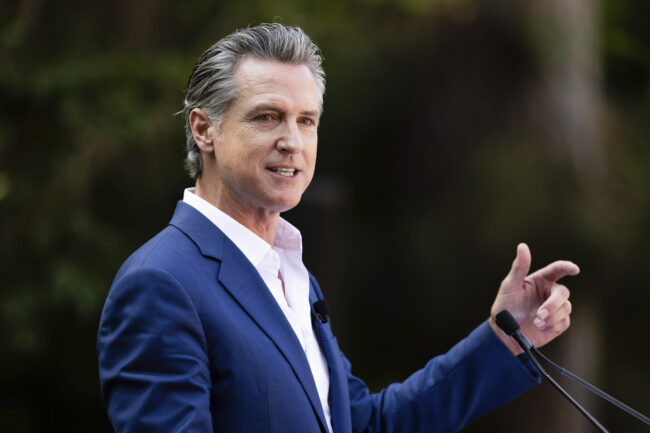
In a historic move, California lawmakers passed legislation on Monday that would require public universities in the state to hire undocumented students who lack work permits. The bill, Assembly Bill 2586, introduced by San Diego-area Democrat David Alvarez, now heads to Governor Gavin Newsom‘s desk, placing him in a politically sensitive position as he weighs whether to sign it into law during an election year.
Legislative Background
The legislation was introduced in response to the University of California’s (UC) decision to reject a similar proposal earlier this year. Despite legal and political risks, Alvarez and supporters argue that the bill is a necessary step to support undocumented students, many of whom struggle to stay financially afloat while pursuing their degrees.
David Alvarez emphasized the significance of the bill on the Assembly floor, stating, “We will be helping students who struggle every day to stay financially afloat as they are earning their degrees, really changing their lives.”
Scope and Impact of the Legislation
If signed into law, the bill would apply to the California State University (CSU) system and the California Community Colleges (CCC), the largest higher education system in the country. However, there is ongoing debate about whether the legislation would also apply to the UC system, which enjoys constitutional autonomy from the Legislature.
The bill mandates that universities begin hiring undocumented students by January 6, 2025. This could have a profound impact on students who have been ineligible for employment in the U.S. since the Deferred Action for Childhood Arrivals (DACA) program was frozen.
Legal and Political Considerations
The UC system, while not formally opposing the legislation, has raised concerns about potential legal risks. University officials have argued that the law could expose both students and university employers to criminal liability for participating in what could be seen as an illegal employment arrangement.
Opponents of the bill, including those within the UC, have cited federal law that prohibits hiring undocumented individuals. However, advocates, including student activists and law professors, counter that federal employment restrictions do not apply to state government employers, which include public universities.
Governor Newsom’s Dilemma
Governor Gavin Newsom now faces a challenging decision. Newsom, who was a top surrogate for President Joe Biden before Biden dropped his reelection bid, has yet to publicly take a position on the bill. His decision is complicated by the fact that many members of the UC governing board, who declined to test federal law by hiring undocumented students, were appointed by him.
Signing the bill would align with California’s progressive stance on immigration and education but could also open up legal battles and federal scrutiny. On the other hand, vetoing the bill could disappoint key Democratic constituencies and student activists who see the legislation as a crucial step toward greater inclusion and support for undocumented individuals.
Broader Implications
The passage of Assembly Bill 2586 reflects California’s broader efforts to extend greater access to government programs and services to undocumented individuals. This includes recent initiatives to provide state-supported home loans to undocumented residents. However, the move comes at a time when some national Democrats have shifted to a more conservative stance on immigration, making the bill’s fate even more significant on the national stage.
Conclusion
As the deadline for Governor Newsom’s decision approaches at the end of September, the nation watches closely. The decision on Assembly Bill 2586 will not only affect the lives of thousands of undocumented students in California but could also set a precedent for how state governments navigate the complex intersection of federal immigration law and state autonomy.
COMMENTS